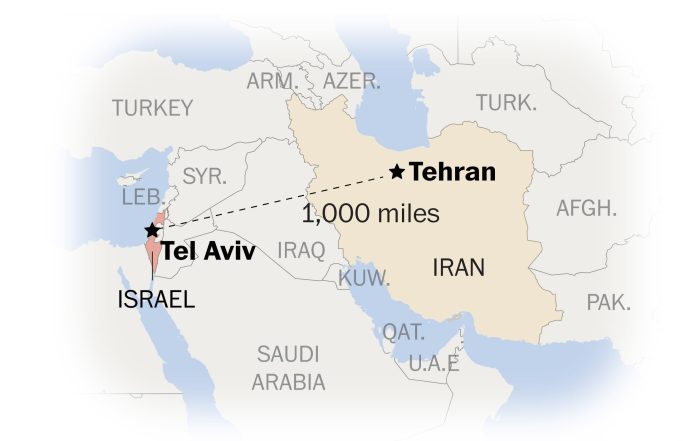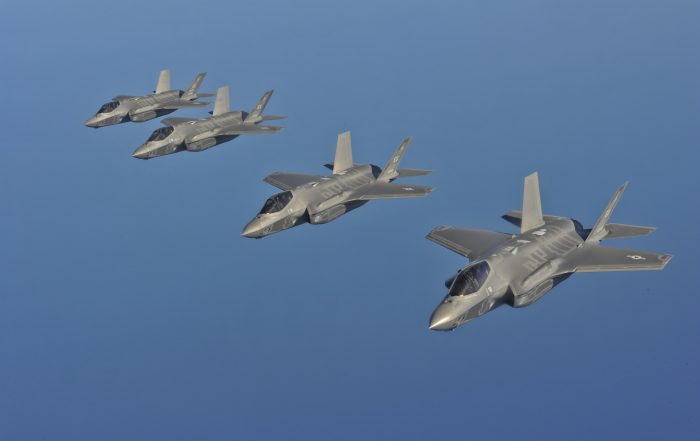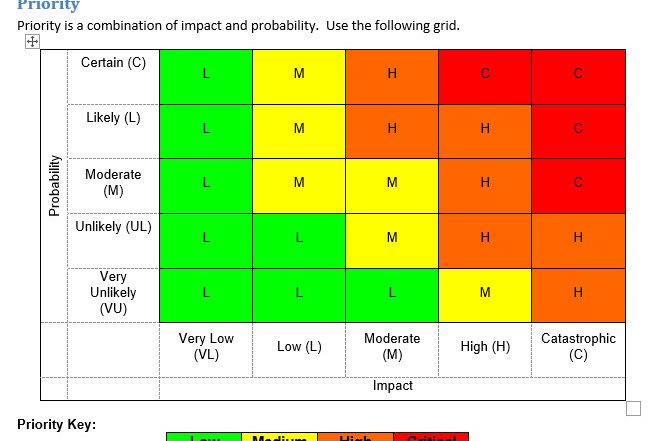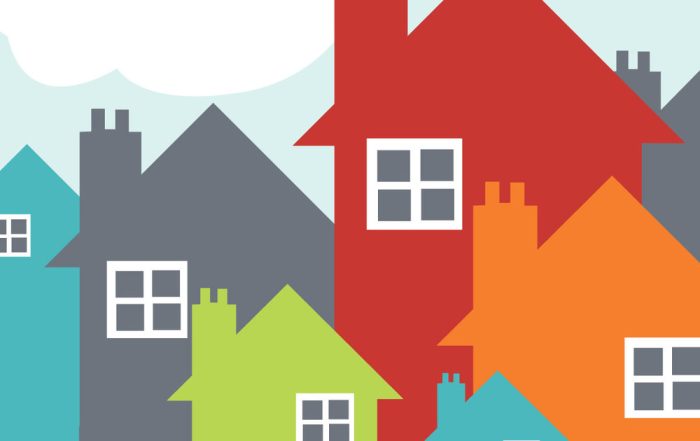Things America could learn from Australia
It seems more and more, the USA is broken. Aside from Trump, this year we have had a poor response to coronavirus, further withdrawal from the international scene by such actions as quitting the WHO, lack of support for Hong Kong, distancing from NATO, etc. and now the BLM protests. What more could go wrong? We are only halfway through the year.
Hopefully, the US will dump Trump in November. Biden may not be the most inspiring candidate for President but, while not perfect, he beats Trump for honesty, rationality, and attention span. He might prove a useful bridge to a more effective President in the 2024 election.
There are lessons that Australia could teach the USA. While I cannot see them happening in my lifetime, talking about them may be a spark to others and the conversation will grow. So, what would I do if I had a magic wand? Here are five steps too far for the US.
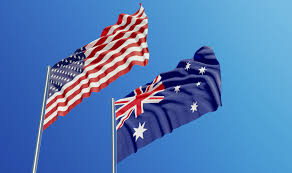
Control guns. Imagine guns were invented today. Would you let everyone own one? Of course not. They are far too dangerous, and the need is generally not strong enough to own a gun. As for semi-automatic weapons, it is hard to make the case for any civilian owning one.
Other countries manage without widespread gun ownership. Most western countries have neither the level of gun ownership nor the death toll from guns that the US has.
Australian gun ownership has declined over the years as restrictions and gun-buybacks have reduced the numbers. Unfortunately, it has crept up over recent years. Australia has 7.4 guns per 100 people. The US has 120.5. Australia has 0.9 deaths per 100,000 people. The US has 12.21 up from 10.1 in 2010.
My question to people who oppose gun control is this. If tighter restrictions on gun control will not minimising the rate of death or stop the increase in death rates, it leaves two options. Firstly does the US just accept a high death rate as a fact of life that cannot be changed? Or secondly, is there something else that can be done? What is it? Why is it not being done now?
De-rig the electoral system. The electoral system is rigged in several ways. Firstly, both parties have engineered electorates to favour their own party. There is no independent body to set boundaries. Australia worked out long ago that no political party can be trusted to set boundaries. Now the electorates are determined using an agreed formula, by an independent electoral commission. Boundaries change over time based on population movement.
If the US could set up an independent body, the mix might more accurately reflect the population and geographic elements of the country. The impediment is that some individuals may lose their seats or find it more difficult to get elected
Another restriction is voting on Tuesdays. It is a sneaky form of social engineering. Only those who can afford to take time off work to vote cast a vote. It is a way of favouring the well-off over the poor. Why not hold the election on the weekend?
Make voting compulsory. I have wavered on supporting this over the years but gradually come around to being a supporter. What it does do is removes the election of radical parties. To get a majority a party needs to appeal to the broad centre. They need to have policies that appeal to the middle who may be apathetic about government. They don’t want change if the government is not doing anything too bad. There is an element of fear of the unknown.
Now a person like Trump can get in with 46% of the popular vote but only 56% of eligible voters cast a vote. That means he was elected by 46% of 56%. Only 26% of people eligible to vote, cast their vote for Trump and he won. We can only speculate, but the 44% of eligible voters who did not vote were probably either poor or apathetic or both. If they had been forced to vote, would they have supported Trump? We can only guess, but if they were too apathetic to cast a vote, would they have voted for a disruptor like Trump?
Free health care. America is one of the few western countries without a free health care service. Australia’s system may not be perfect, but it does guarantee that if you have a serious medical issue, you can get free treatment in a hospital at no cost. You can pay more for a better level of treatment of course, but basic healthcare is available.
Obama tried to introduce free care in a limited way but was opposed. There are vested interests in keeping health care private of course. If healthcare was free, many large health insurers would no longer exist.
It seems to me that in a compassionate society, the state collects taxes to redistribute money so there is a basic safety net. No resident of a country should starve to death, or not have fresh water, or die of a treatable disease. These are basic human rights along with housing and security.
Consolidate law and order forces. I was gobsmacked to read an article that talked about the number of law enforcement agencies in the US (The Story Behind Bill Barr’s Unmarked Federal Agents). The fact that there is not just one police force in a state, and that there are a multitude of agencies with overlapping authority is a recipe for disaster.
I quote from the article:
“In and around D.C., there are more than a score of agency-specific federal police forces, particularly downtown where protests have played out over the past week, nearly every block brings you in contact with a different police force. A morning run around the National Mall and Capitol Hill might see you cross through the jurisdictions of the federal U.S. Capitol Police, the Park Police, the National Gallery of Art police, the Smithsonian Office of Protective Services, the Postal police, Amtrak police, the Bureau of Engraving and Printing police, the Supreme Court police, the Uniformed Division of the Secret Service, the Government Publishing Office police, and the Department of Homeland Security’s Federal Protective Service. (Only recently did the Library of Congress police merge with the Capitol Police across the street into one unit.) Run a bit farther and you might encounter the FBI Police or the U.S. Mint police. And that’s not even counting the multistate Metro Transit police and the local D.C. Metropolitan Police.”
In Australia, we have state police forces, a federal force (AFP), ASIO which is the spy agency, a border force and that is about it. Sure, there are park rangers, and security for entertainment venues, transport, galleries and museums but they have limited powers. They need to involve the police for anything serious.
We also have appointed officials rather than elected officials. Heading a police force should not be a popularity contest. It should be undertaken by the most qualified person available. In those instances where police heads are elected officials, it risks putting in place a candidate who might not be the most qualified.
In the article I quoted above the author made the point that it is unclear what laws each organisation is responsible for enforcing, and what training each organisation has. He wrote a history of the FBI and asked them how many criminal provisions it was responsible for enforcing. They could not tell him.
He also talked about obscure laws such as the one that said it was a federal crime to have more than five fruits in a jam. He could not establish who was responsible for enforcing this law.
A multitude of agencies with overlapping and underlapping responsibilities is bound to lead to problems. For example, the control of demonstrators in Washington involved border forces and prison officers. There may just be a slight difference between managing a demonstration and a bunch of prisoners or illegal immigrants.
So these are five things Australia could teach the USA. On the other hand, we have nothing to teach them about:
- Climate change. Our government is an embarrassment
- Refugees. Once again, we bow our head in shame
- Taxation. A mess and no sign of any major change to fix it
- Unemployment payments. Until the coronavirus temporary doubling of the unemployment benefit, it was pitiful. You know you are in trouble when business groups are telling you it is too low
- Treatment of indigenous Australians. Bad and getting no better
I was talking to an Australian who has spent time in Florida recently. His comment is that local news is about Florida, and international news is about the rest of America. He was astounded how little of what is happening outside the US was presented as news to most of the population.
If you live in a bubble, you have no idea there are other ways of doing things. You have no idea how you are perceived. You have no concept of how other people manage their lives. One example he told me was of a group of neighbours who were praising Trump. He told them that outside America, Trump was unanimously seen as a joke and an embarrassment. They could not believe it. They said only left-wing radicals would ever criticise Trump. Living in a bubble.
It would be great if we could get millions of Americans to look at some of the good and bad things happening around the world. To expand their view and experience beyond the two-week package holiday where they never get to experience everyday life. Experience a country that does not have a serious gun issue. A country with a free medical service and a compulsory voting system. Maybe then they would understand what needs to change.
Unfortunately, the US is becoming increasingly inward-looking. As it withdraws from the international stage, China is filling the void. As it becomes more focused on itself, the world moves on in other ways. Isolation is not the answer. North Korea is not the model to work towards. China tried it for decades before it decided to make progress it had to join a world community. Russia tore down the wall. Hopefully, the Trump era is a blip and life will return to normal for the US in 2021.


